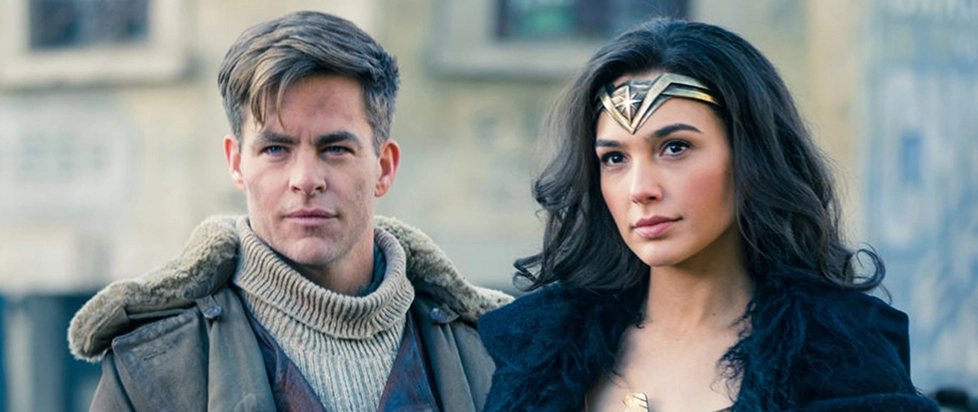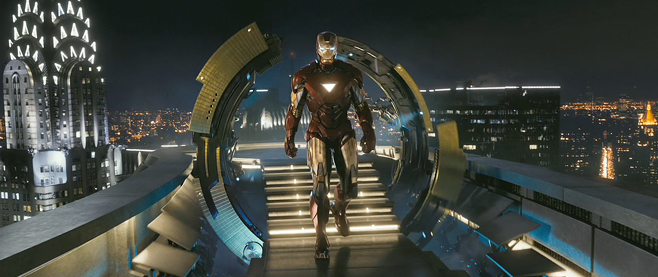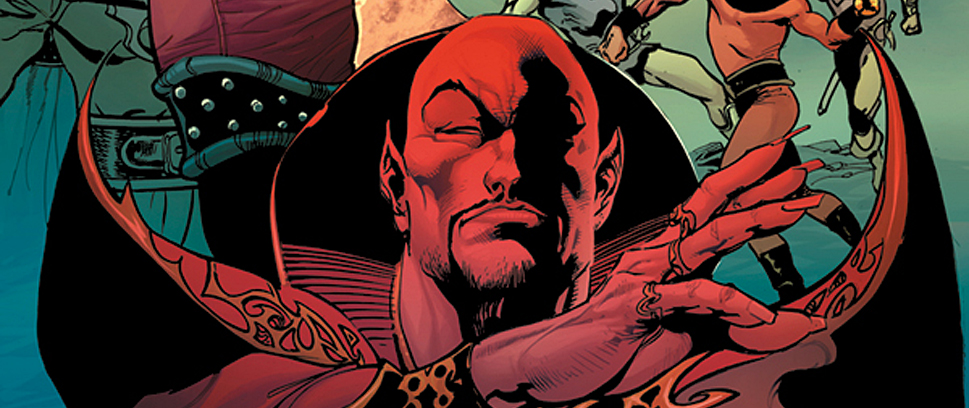
A New Testament: How Wonder Woman Breaks Down Modern Western Religion
“Maybe people aren’t always good.”
The idea that there’s some wondrous creator watching over us while we live in a world full of hatred from so many sectors in life seems impossible to some. The myths and faiths we were taught as children have been twisted to the very benefit of those who would judge all but themselves. Belief in a better day has seemed hopeless many times in the last few years.
Are humans truly good? Do we deserve peace, when we’ve demonstrated how monstrous we can become? That’s what DC’s Wonder Woman tackles head-on.
Princess Diana’s journey is a lens. She’s born into a world she sees as ideal, striving innocently while trusting in all she’s told. Diana understands humanity at its best, and in Ares, has a devil to attribute man’s failings to. Even when confronted with her aunt’s death at the hand of German soldiers, her instinct is to blame the God of War rather than the man that pulled the trigger. So strong is her belief that slaying Ares alone will save the day, that she dives headfirst into The Great War. Yet the path she sets upon nearly consumes her.
Diana’s introduction is that of a Messiah figure who questions the ills of society and strives for more. Like Christ and Mohammed before her, her very presence upsets the flawed order that humanity has established. It’s safe to say every significant moment of Diana’s growth is out of an act of forgiveness, compassion, or defense. Saving Steve Trevor’s life repeatedly. Crossing No Man’s Land so that the British lines can help save the town of Veld. Rescuing the citizens of Veld. Even when faced with the most dire dangers, she holds on to that purity in her belief that humanity can be saved, and that all ills are of Ares.
Yet, it’s in the moments where she hunts Ares, that Diana begins to indulge in the very same anger and hate she opposes. Her actions turn impulsive. She’s tempted by a far greater violence and a desperate hope that she can restore balance to the world. Only then does she begin to learn what falsehoods she was taught. That her father was Zeus and that Ares, the man she’d been bred to oppose, was her brother. Not only that, but that Ares struck against humanity not simply in a fit of jealousy but in seeing humanity’s weakness. Rather than simply a being of war and bloodlust, he wants nothing more than for peace on earth to be restored; and from his point of view, the only way to achieve that is to free the planet of man.
“You’re him.” “I am, but, I am not what you thought I was.”
What’s more, everyone she meets on her journey is a set of contradictions. Her allies are “a con-man, a thief, and a murderer,” along with Steve Trevor openly admitting he’s all three combined. Meanwhile, her enemies are a woman devoted to science, a general fighting for the survival of his nation, and a divine being who wishes to restore the world from the scars humanity has inflicted upon it. Humans are not simply good or evil. By merely whispering in the ear of a few people, Ares helped inspire the greatest war in human history. He needn’t even lift a finger; humans will destroy themselves.
“Look at this world! Mankind did this, not me!”
Ares is the self-righteous devil; better to rule in Hell than to serve in Heaven. He’s not wrong about humanity: even in helping her, Diana’s allies resort to cruder solutions and murder while she strives to merely disarm and disable. That due to Dr. Poison’s final plan to bomb the front, the only way to end the war is for Steve to sacrifice himself by flying the bomber to destruction; one more flame of good, lost to the world. This world is one of suffering, and Ares advocates nihilistically wiping the slate clean. He sees no possible redemption for man, and even uses the demise of Steve as an argument for how cruel this world is; that in any other world, this wouldn’t have come to pass.
However, like the Crucifixion, Steve Trevor’s death does not come unwillingly. Just like in the New Testament, there’s a way out; Diana outright offers to take the burden from him but he refuses: “I can save today; you can save the world.” He tells her he loves her, he regrets that they don’t have more time, but he knows that to stay behind would be selfish. Thus, his actions aren’t out of malice, even if hatred forced his hand. Steve sacrifices for hope of a better tomorrow. He has faith that Diana will set things right, and that there is a chance this world might be redeemable, especially with her in it.
“It’s not about deserve – it’s about what you believe, and I believe in love.”
Wonder Woman doesn’t pretend that science, religion, lawfulness, or anything else defines you as good or evil; everyone in this world is broken, and nothing can change that. Instead, what the world needs above all else is compassion. No matter how noble the intent may seem, or however vast your knowledge can be, without love and empathy, then we’re all truly as Ares sees us. Diana can’t absolve the world of pain, even once she defeats Ares. Our lesser impulses, our demons, are what make us stumble and fall; but she’s given humanity a chance. An opportunity to rise above.
This core thesis is the basis of so many Western religions, and yet so much of organized religion has forgotten this. As Nadia Bolz-Weber describes in her MAKERS series, being Christian, regardless of denomination, is about embracing that “you’re okay with the fact that you’re not a good person.” That perfection is unattainable: a theme repeatedly emphasized across all Abrahamic faiths and creeds. We are all inherently flawed, and that’s okay. We can strive to be better, and though we don’t deserve it, love and mercy is needed and granted in this world.
Sometimes it feels impossible to forgive or press on, but that’s why we need inspiration to pull us from our depths. Steve has Diana. Others look to religious icons. Some to science. In a society where so many are willing to use anything to judge and claim a moral high ground, we need someone like Diana to cut through the facade and remind us that we’re all on the same playing field. It’s not about being better than someone else, but raising each other up, and catching one another when we fall. To do unto others, as we would ourselves – I think that’s something Diana would agree with.





